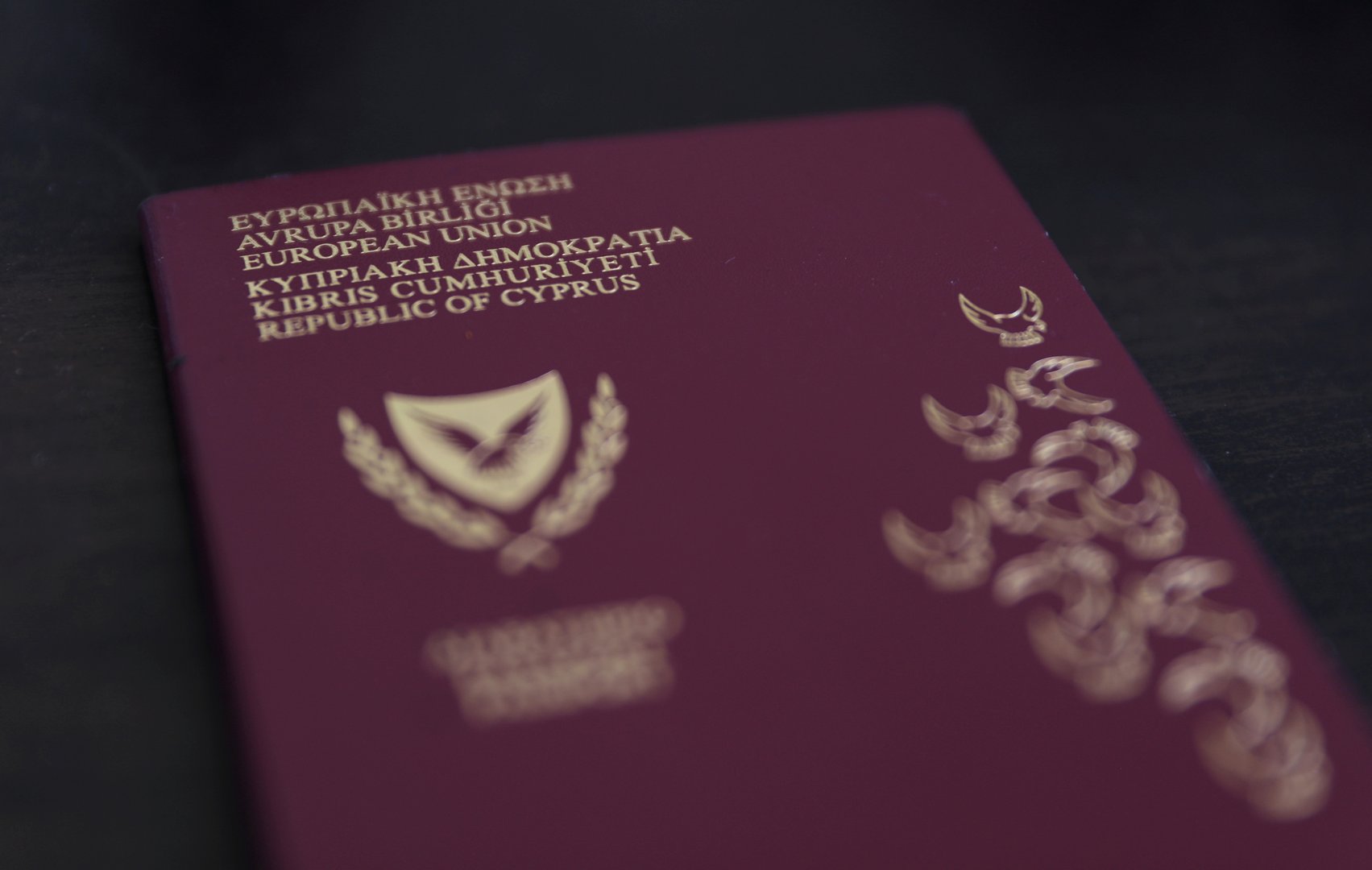The government on Monday sought to play down the findings of an inquiry into the controversial citizenship by investment programme, which found problems with close to 52 per cent of the naturalisations, saying those mostly concerned spouses and families of investors.
According to the interim findings report of the inquiry, 51.8 per cent of the cases had been granted improperly, “in excess of legal power” or authority, or ultra vires.
Government spokesman Kyriacos Koushos said this did not mean they were illegal but nevertheless defended the decisions, saying they concerned the families of investors.
“How can we expect an investor to be naturalised but their children and spouses who are coming with them to Cyprus are not?” Koushos said on a state television morning show.
Koushos said illegal would be to violate a provision in the law, whereas ultra vires meant when “unknowingly I naturalise someone without authorisation from the law or the regulations.
“It is a completely different matter, and I don’t think the opposition will disagree with this,” he added.
The government spokesman admitted “mistakes were made” but it was in a bid to attract investment to Cyprus during the dire conditions following the economic collapse in 2013.
The head of the four-member panel, former supreme court president Myron Nikolatos, said that aside from the 51.8 per cent, there were other applications with shortcomings relating to the criteria.
The great majority of the 48.2 per cent were all right, he said “but there are some cases with problems with the criteria.”
Nikolatos and his committee were appointed in September 2020 to investigate the programme since its introduction in 2007.
“There were gaps in the programme from the start,” he told private Alpha television. “Not all safeguards were in place to prevent abuse of the system.”
Opposition parties meanwhile want to force the attorney-general to publish the interim findings immediately.
Diko chairman Nicolas Papadopouos said they have prepared a draft parliament decision suggesting both attorney-general Giorgos Savvides and his deputy, Savvas Angelides had a conflict of interest and should not be the ones who assess the findings to determine whether anyone should be held accountable.
Both men were serving as ministers in the government before their appointment to the state Legal Service and were part of the cabinet when decisions on the citizenships were made.
“Both these officials have potentially participated in illegal actions and may have administrative, disciplinary, or criminal responsibility,” Papadopoulos said.
He said Savvides’ was not legitimised and should not be allowed to evaluate the findings.
“He is not permitted to decide whether this should be published or not,” Papadopoulos said, adding that the entire findings report should be made public immediately.
“In our view, parliament should go ahead with a decision calling on the attorney and deputy attorney-general, as well as the investigating committee, to publish the report immediately.”
Receiving the hefty report on Friday, Savvides had said he would publish it after it was thoroughly studied.







Click here to change your cookie preferences